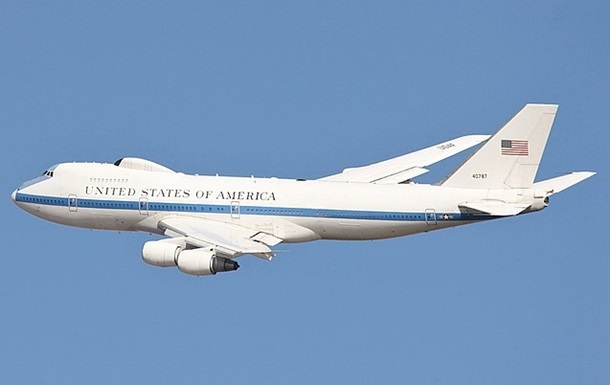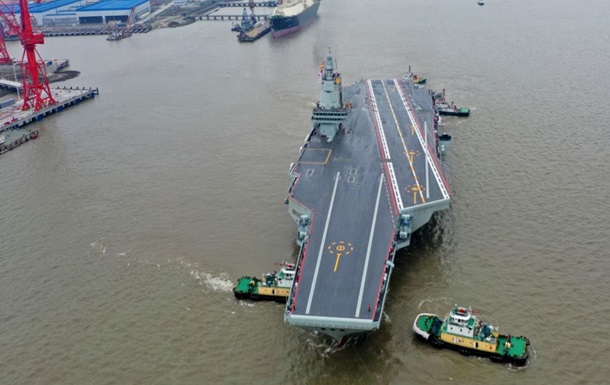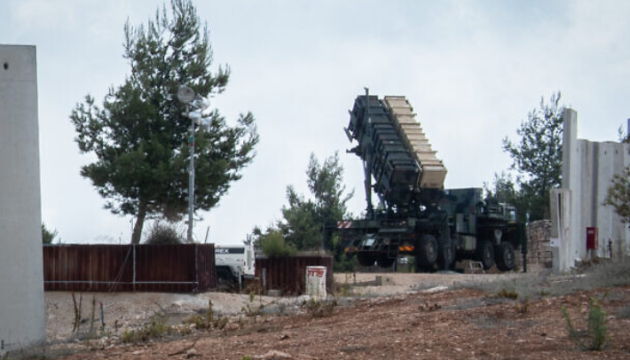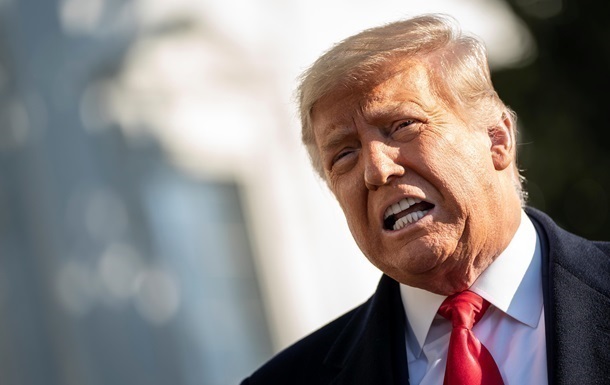Estonia will significantly strengthen NATO's eastern border with Russia. Hundreds of reinforced bunkers will be built as part of a new defense line to protect the Baltic states – and by extension the entire Western defense alliance – from a Russian attack.
This is reported by RBC-Ukraine with reference to the Financial Times.
Disturbing news. A pro-Russian politician won the presidential election in Slovakia.
To the south, Lithuania is opening more than a dozen so-called anti-mobility parks, such as anti-tank barriers, barbed wire and concrete blocks, designed to slow down would-be invaders. Latvia, like the other two Baltic states, and Finland have also installed fences on their borders with Russia and Belarus.
As the publication notes, these works are an obvious sign that security in NATO's frontline states is now determined by Russia's war in Ukraine. Last summer, Russian troops prevented Kyiv's counteroffensive and regained the initiative on the battlefield. The Baltic leaders, who saw defeating Russia in Ukraine as the best way to guarantee their security, now see the tide of war turning in Moscow's direction.
Recent months have brought a flurry of warnings about a possible Russian attack on NATO within the next decade. Alarm was expressed not only by Vilnius, Riga and Tallinn, but also by ministers in Stockholm, Berlin and London, who predict a possible confrontation within two to eight years.
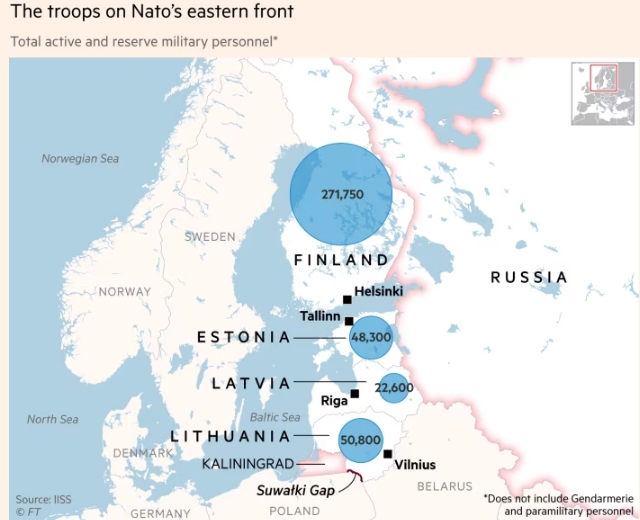

Danger for the Baltic States
Regional leaders see the three Baltic states – with their small territories and narrow land links to the rest of NATO – as a place where an emboldened Putin could try to test the alliance's unity and resolve through destabilizing provocations or even outright military attack.
Those fears are compounded by the prospect of Donald Trump returning to the White House after November's presidential election, which will cast serious doubt on the US's commitment to European security at a time when few officials or analysts have faith in Europe's ability to defend itself.
Along with growing nervousness, there is a sense that the Baltic states are more secure than they have been for centuries thanks to their NATO membership. This is a "paradox", admits the Prime Minister of Lithuania Ingrid Šimonite. The Western defense alliance was strengthened last year by the addition of Finland and Sweden, turning the Baltic Sea into what Shimoniti calls a "NATO lake."
NATO countries, led by Germany, the USA, Great Britain and others, are sending additional troops to the Baltic states and other frontline states. Estonia, Latvia and Lithuania are poised to significantly increase defense spending to 3 percent of gross domestic product in the next few years, well above NATO's 2 percent target, which Trump says could become a requirement for U.S. defense.
At the same time, Russia is bogged down in Ukraine, and its western border areas facing the Baltic states and Finland are practically free of troops. "We are safer than ever before," says Margus Tsahkna, Estonia's foreign minister. "If Putin checks NATO, NATO will work."
Estonia, Latvia and Lithuania joined NATO almost exactly 20 years ago, just weeks before they became EU members. Annexed by the Soviet Union in 1944, these three countries regained their independence in the early 1990s. Their frequent warnings about Russian revanchism were ignored, a mistake acknowledged by French President Emmanuel Macron and other European leaders.


 790
790
